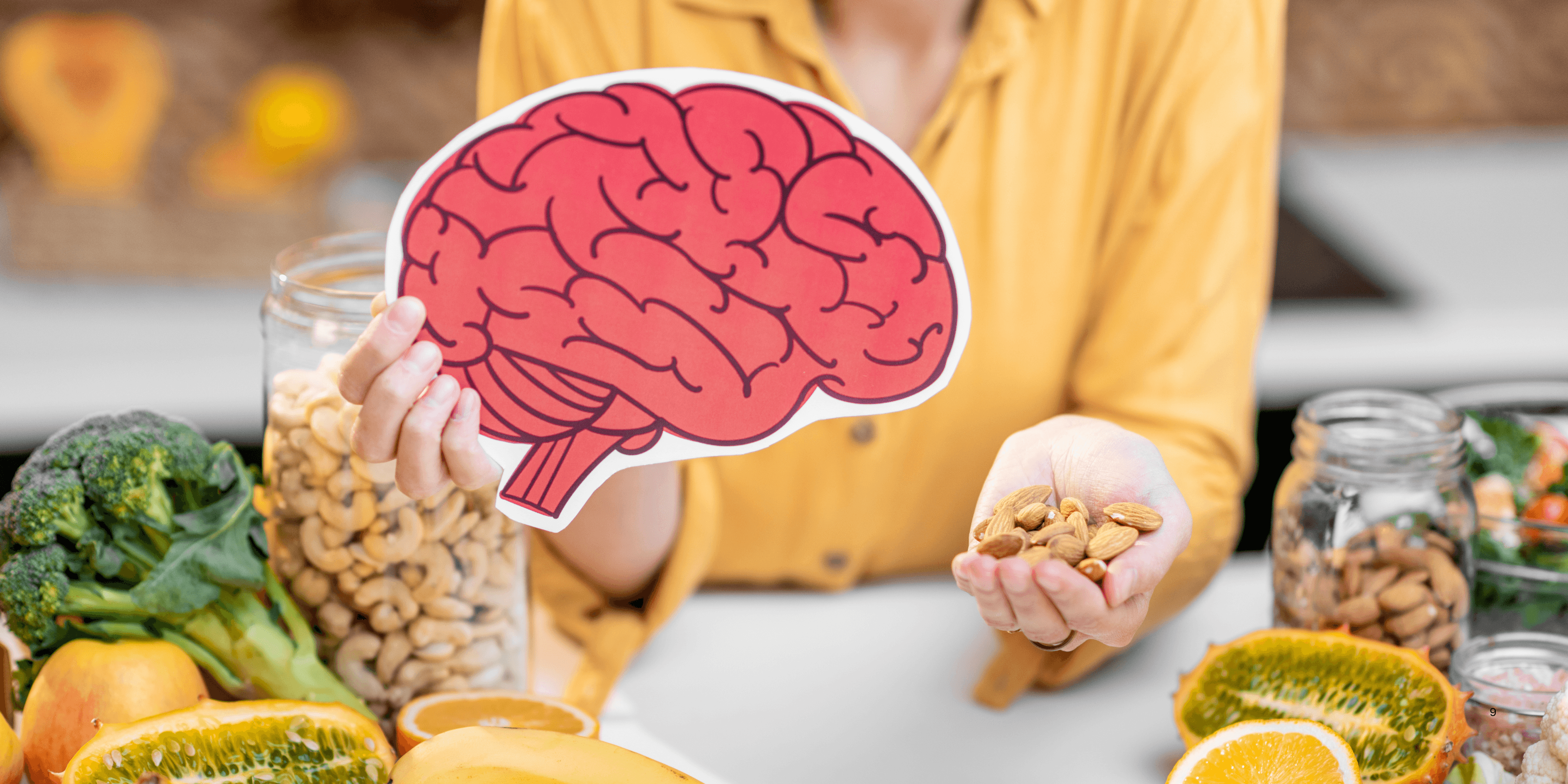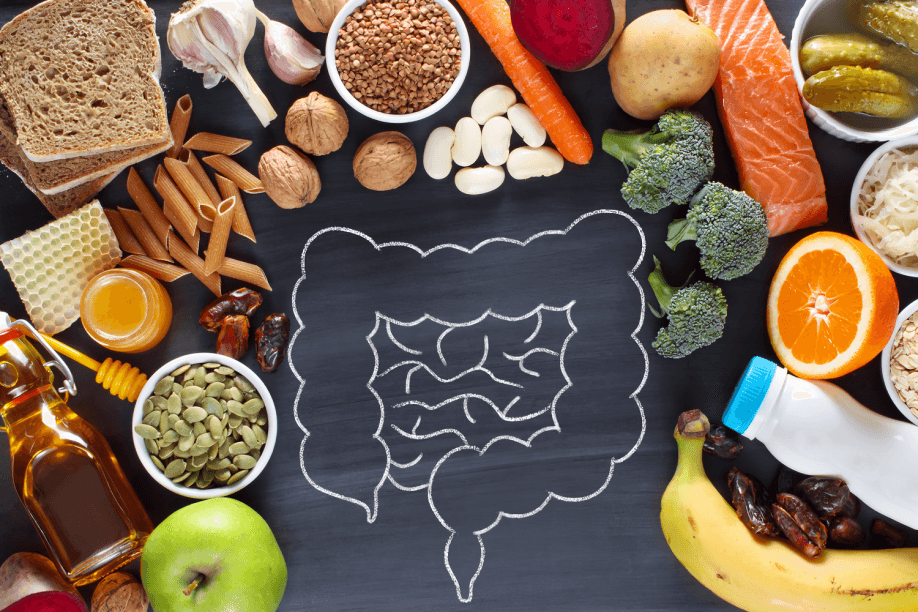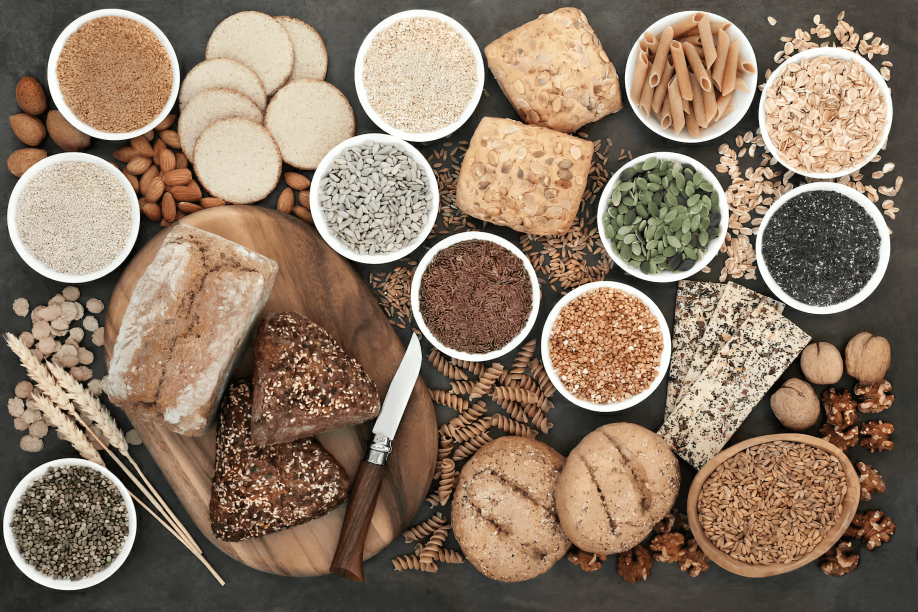
“
The relationship between diet and mental health is more intricate than many realize. What we consume daily doesn’t just shape our body—it affects how we think, feel, and cope emotionally. Food fuels our brain’s chemistry, influences mood-regulating hormones, and impacts long-term psychological resilience. 1
1
”
Ancient Greek physician Hippocrates emphasized diet's role in overall health, believing food was medicine and balance in nutrition directly influenced emotional calm and mental clarity across life's stages. 1
Diets lacking in omega-3 fatty acids—essential fats found in fish—are linked with higher rates of depression, as these fats help regulate brain cell communication and reduce neural inflammation. 2

The gut-brain axis connects digestion to emotional regulation; fiber-rich diets feed gut bacteria that produce mood-enhancing neurotransmitters like serotonin, affecting how we feel every single day.
Deficiencies in key nutrients like B vitamins, magnesium, and zinc have been repeatedly associated with anxiety symptoms, showing that nutrient balance is crucial for stable brain function. 3
People following Mediterranean diets—rich in vegetables, fruits, olive oil, and fish—often report lower depression levels due to the anti-inflammatory and antioxidant effects of whole, unprocessed foods. 4
Consuming processed foods and sugary snacks frequently may disrupt insulin levels and brain function, leading to mood swings, fatigue, and even long-term risks of cognitive decline. 5
High-glycemic foods cause quick spikes in blood sugar, triggering stress hormones like cortisol that can worsen anxiety and interfere with emotional stability and decision-making ability. 6
Antioxidant-rich foods like berries, spinach, and dark chocolate help combat oxidative stress in the brain, which contributes to mental fatigue, mood disorders, and reduced memory performance. 7
Low iron levels are connected to poor attention span and mood imbalances, especially in young people, as iron supports oxygen delivery to the brain and aids neurotransmitter production. 8

Caffeine in small doses can boost alertness and mood, but high intake—especially from energy drinks—may lead to anxiety, restlessness, and disrupted sleep cycles that worsen mental health.
Hydration affects mental performance; even mild dehydration has been shown to impair concentration, increase irritability, and slow cognitive processing speed in both adults and children. 9
Tryptophan-rich foods like turkey, oats, and seeds support serotonin production, which helps regulate mood and sleep—two core areas closely tied to long-term emotional wellness. 10
Probiotic-rich foods like yogurt, kimchi, and kefir help restore gut microbiota balance, which in turn improves emotional health by supporting serotonin and dopamine regulation pathways. 11
Skipping meals—especially breakfast—may lead to mood drops and decreased energy, affecting motivation, alertness, and emotional stability throughout the rest of the day. 12
Diets including leafy greens, legumes, and avocados supply folate, which helps manage homocysteine levels and supports the brain’s ability to fight depression and stay resilient to stress. 13
People who follow vegetarian or vegan diets often report improved mood, partly due to reduced intake of inflammatory animal fats and increased consumption of antioxidant-rich plant foods. 14

Whole grains like oats, barley, and brown rice release energy slowly, supporting better mood stability and concentration compared to refined grains that spike and crash blood sugar levels.
Certain diets that eliminate essential nutrients—like extremely low-carb diets—can impair brain function, as the brain needs a steady supply of glucose to operate at full capacity. 15
Studies have shown that nutritional therapy can support traditional treatments for mental health disorders, providing a complementary strategy for managing mood, focus, and emotional resilience. 16
Renowned philosopher Maimonides once claimed that moderation in eating and healthy habits helps preserve not only the body but the soul, echoing today’s understanding of diet’s emotional effects. 17


